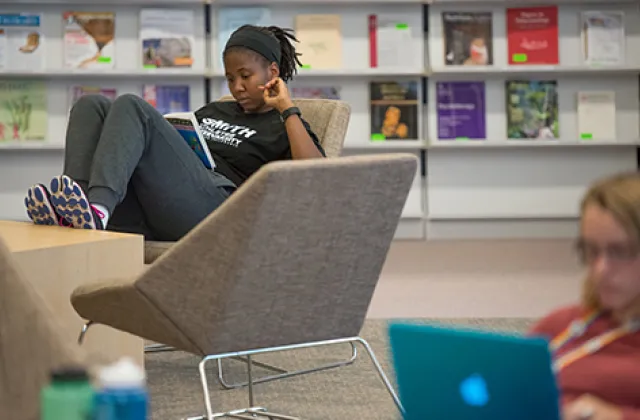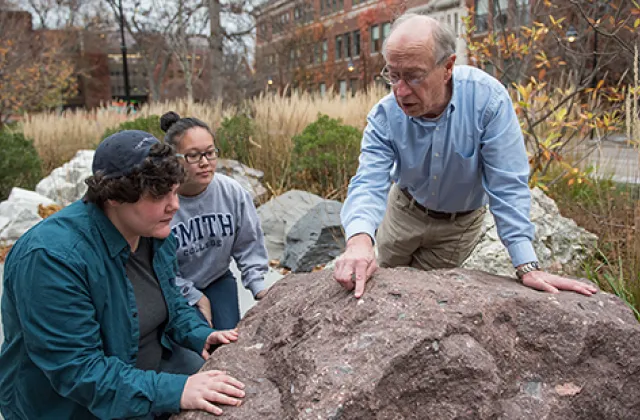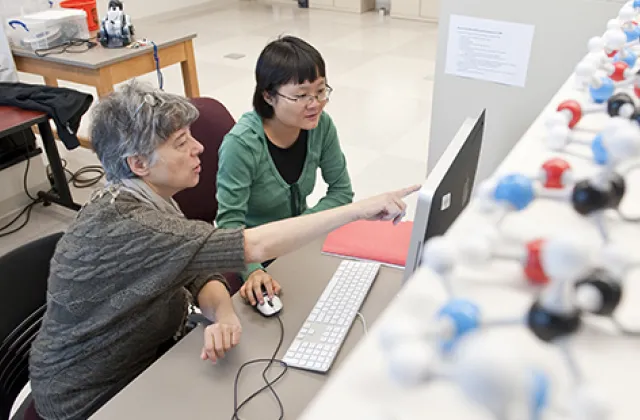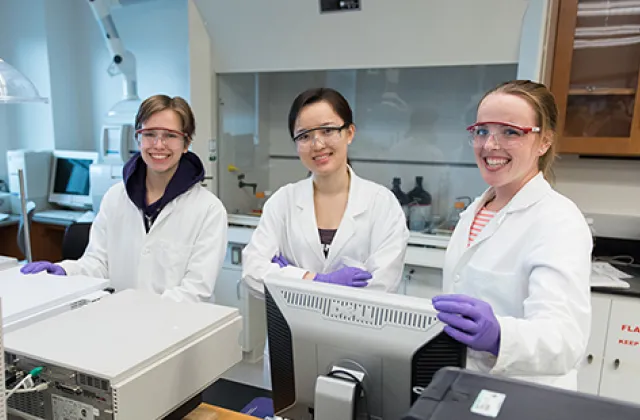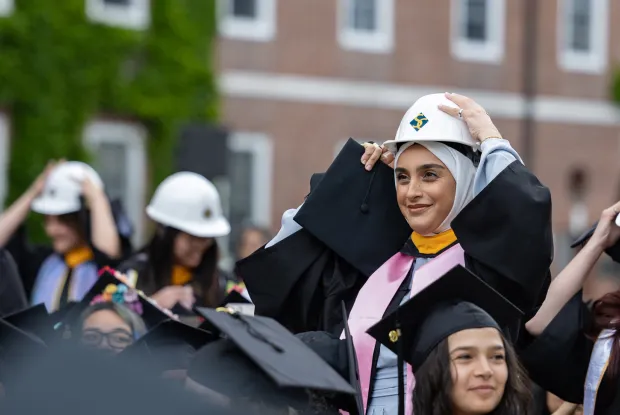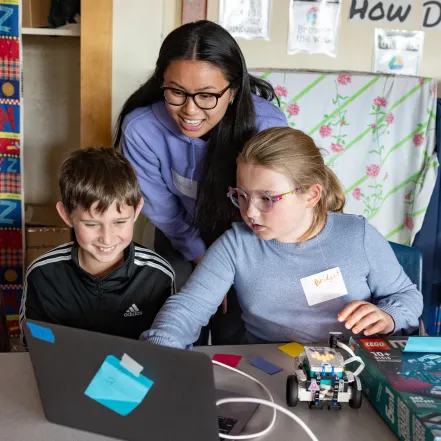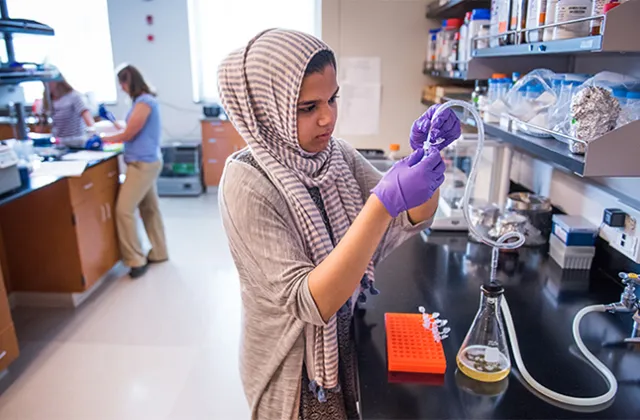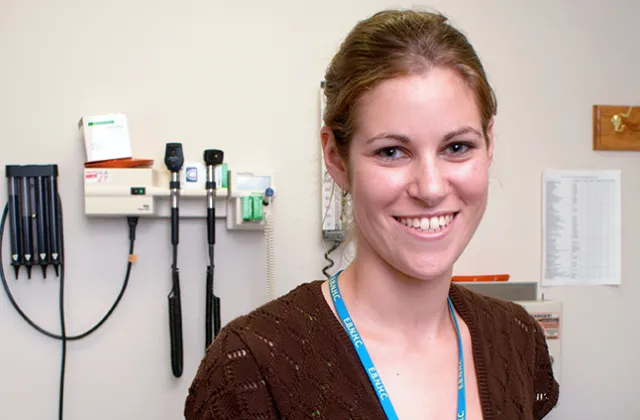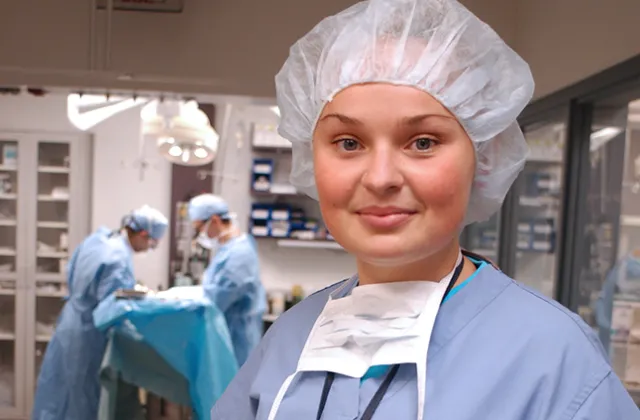STEM at Smith
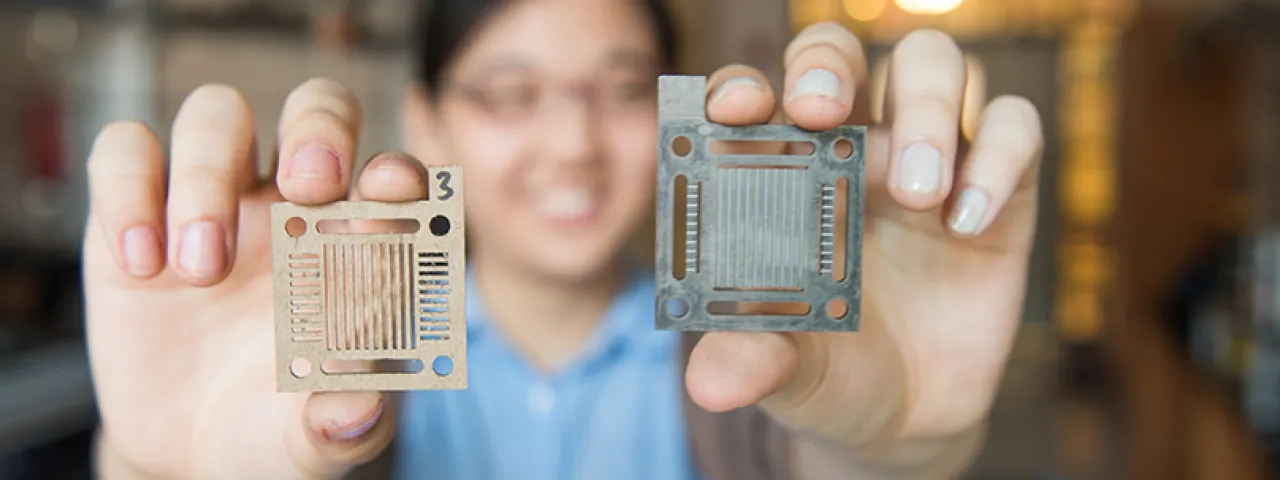
Nearly half of all degrees awarded to Smith College students are in science, technology, engineering and math (STEM)—compared to 42% of women graduates nationally. At the heart of Smith’s learning is active engagement, coupling innovative teaching with real opportunities for in-depth research. Journey inside the human mind, along the edges of volcanic craters or out among the stars and galaxies. Engage in the blossoming fields of statistics, operations research, biomathematics and information science.
Why Study STEM at Smith?
Explore Programs in STEM
An * indicates that the college offers a minor only (no major) in that particular course of study. A ** indicates a major only.
Below are research labs that provided information for listing here:
Elisabeth Armstrong (SWG) | Transnational women’s movement with an emphasis on rural women
Shannon Audley (EDC) | Understanding how schools, teachers, and students reinforce justice and injustice
Carrie Baker (AMS/SWG) | Writing, researching, and editing projects for Ms. magazine.
Michael Barresi (BIO/NSC) | Lab Website | Developmental biology, neurogenesis, neuron-glia interactions
Reid Bertone-Johnson (LSS) | Lab Website | Parks, bicycles, bikes, alternative transportation, pop-up, tactical urbanism, urban design, Northampton
Nalini Bhushan (PHI); Jay L. Garfield (PHI/LOG) | Translation of K.C. Bhattacharya’s Subject as Freedom
David Bickar (CHM/NSC/BCH) | Protein structure, neurochemistry, Parkinson’s Disease
Joshua Birk (HST) | Project-focused approach to working with medieval material
Maleka Donaldson (EDC) | How teachers and students respond to mistakes in educational contexts
Dawn Fulton (FRN) | Antiracist activism in France with a focus on social media
Leslie-Ann Giddings (CHM/BCH) | Lab Website | Natural products chemistry, biosynthesis, enzymology, metagenomics, extreme environments, bioactive secondary metabolites
Christophe Golé (MTH) | Plant math research: building models of phyllotaxis, collecting and analyzing plant data patterns, outreach
Alicia Grubb (CSC/SDS) | Personal Website | Requirements and software engineering, ethics, decision support
Andrew Guswa (EGR) | Hydrology, water, water resources, mathematical modeling
Mary Harrington (NSC/PSY) | Lab Website | Circadian rhythms, light
Virginia Hayssen (BIO/NSC) | Evolution of mammalian reproduction, pleiotropy, species descriptions
Nick Howe (CSC) | CS page | Research | Handwriting recognition, document analysis, computer vision, machine learning, digital humanities
Laura Katz (BIO) | Lab Website | Genome evolution and biodiversity of eukaryotic microbes, bioinformatics
Leslie King (SOC) | Environmental sustainability in the corporate sector
Katherine Kinnaird (CSC/SDS) | Personal Website | Music information retrieval, machine learning, cultural analytics, data science education
At Smith
Programs at the Five Colleges
We’re engineering a better world.
“All eyes were on us,” recalls Caitlin Shea Butler ’04, one of the first graduates of Smith’s Picker Engineering Program, which was endowed by Jean Sovatkin Picker ’42 and her husband. Since that inaugural class, the number of Smith alum engineers has grown from 19 to nearly 600. Whether in AI or aerospace, they’re transforming the field—one where women still make up less than 20% of the workforce.
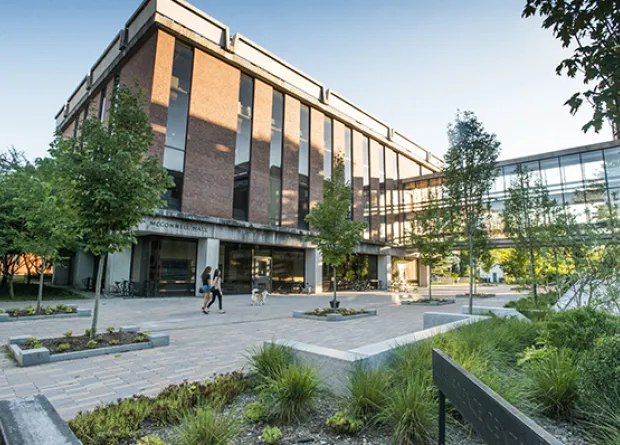
Clark Science Center
Five buildings form a vibrant hub for STEM at Smith—Ford, Burton, Sabin-Reed, McConnell and Bass halls. They offer state-of-the-art equipment that meets exacting standards for modern experimentation.
STEM Advising & Mentoring
Generations of pioneering women have studied STEM at Smith and have gone on to rewarding careers in medicine, engineering, environmental consulting, public policy, applied research and more. A major in science, technology, engineering or mathematics at Smith opens doors to a variety of graduate school and career options. Smith faculty and advisers at the Lazarus Center for Career Development can provide guidance and resources to help you explore professional opportunities, whether you are poised to graduate or are just beginning your college experience.
Research Centers & Resources
Learn more about research at Smith.
Contact Clark Science Center
Smith College
44 College Lane
Northampton, MA 01063
Phone: 413-585-3800
Faculty Director: Kate Queeney
413-585-3835
Administrative Director: Tom Richardson
413-585-3802
